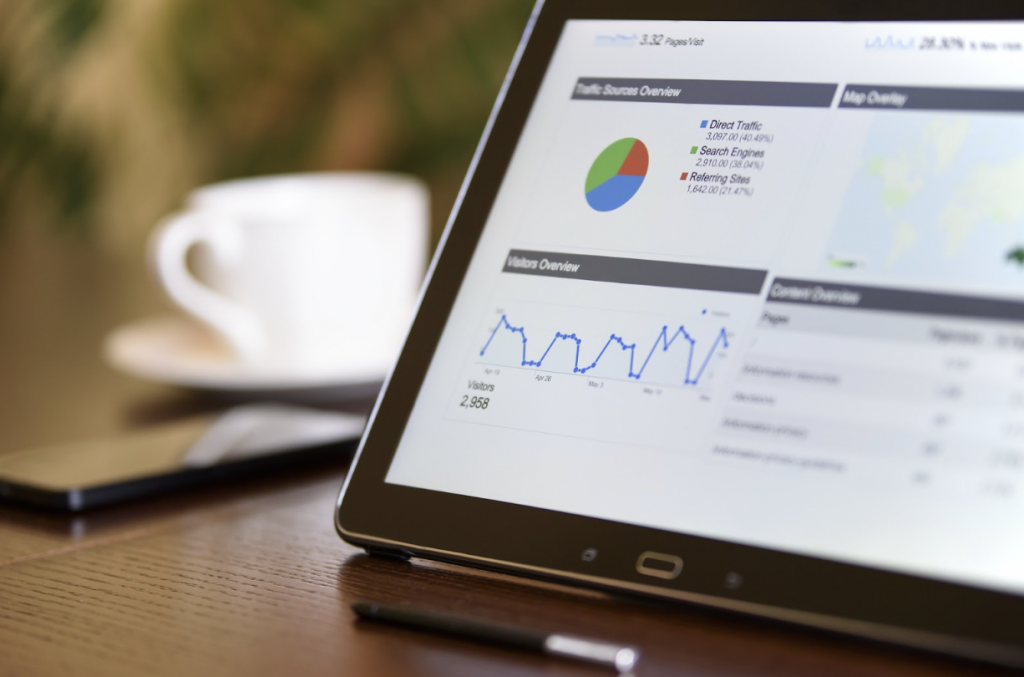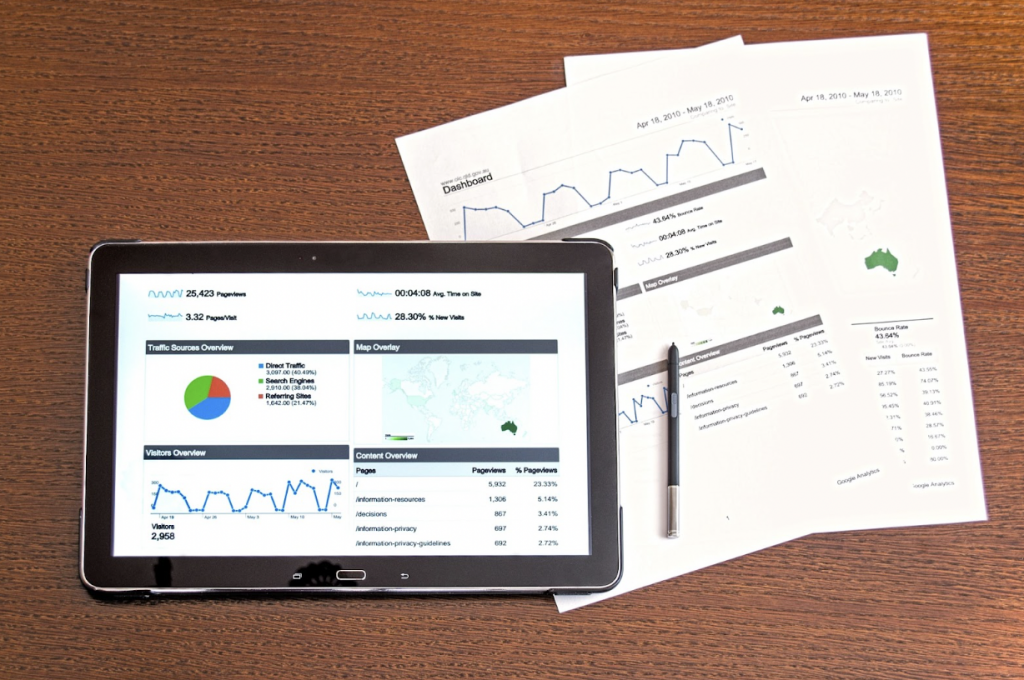Are you looking for an effective way to measure and analyze your marketing campaigns? Regression analysis might be your solution. It’s a powerful statistical method that can be invaluable for businesses looking to gain insights into their marketing strategies.
In other words, it enables marketers to identify relationships between variables, such as sales and advertising budgets or customer satisfaction and retention. By using this, you can determine which variables influence certain outcomes. With this information, marketers can adjust their strategies to be more aligned with their goals.

What is Regression Analysis?
Regression analysis is a statistical technique to study the relationship between two or more variable. Often used in marketing strategies, you can assess customer behavior and identify patterns helping marketing decisions.
- For example, marketers can use regression analysis to:
- Discover which demographic factors will lead to higher sales.
- Identify the best product placement for a particular demographic
- Determine which customers are more likely to become loyal repeat customers.
Furthermore, you can also use these analysis for other company functions, including data and machine learning. In Understanding Kernel Regression by BowTiedRaptor, we learn that you can even forecast future trends and estimate unknown functions of a random variables. It can prove ever useful to predict customer behaviors or financial results.
How to Use Regression Analysis for Marketing?
There are various ways you can use regression analysis in marketing. Here are a few of the most common:
- Identifying target audiences: identify the customer segments more likely to buy. You can identify them with your analysis, allowing you to focus and tailor your marketing messaging to drive the most sales.
- Predicting customer behavior: regression analysis can help predict customer buying patterns by studying different variables such as demographics, location, and purchase history. In turn, you can create targeted marketing strategies to increase your sales.
- Optimizing website conversion rates: by using regression analysis to study user behaviors on websites, you can optimize your website design and content to increase the conversion rate of visitors.
- Improving customer retention: by studying customer purchase patterns, regression analysis can help identify customers who are more likely to become loyal repeat customers. Afterwards, you can develop marketing strategies to keep those customers.
- Analyze if social engagement influences sales: analyze the correlation between social media engagement and sales. Doing that will help you understand which campaigns are most successful in driving revenue.
- Email marketing analysis: you can use regression analysis to measure the effectiveness of email campaigns, including click-through rates and open rates. With a stronger data, you can refine future campaigns enabling higher engagement and better results.
- Page authority and sales: you can determine the impact of your page authority on your sales by seeing if there’s any correlation between the two. This data can be used to optimize SEO and increase the visibility of your brand.
- If you’re located in Australia, you should definitely consider a local SEO expert to help you with this. Find the best AI Consultant Australia has to offer and start optimizing your online presence. Not only will this improve your sales, but it will also help you take advantage of the growing online market in Australia.
How to use it in your marketing
Before you start analyzing your marketing efforts, there are a few things you need to consider. These include:
- Choosing the right model: Selecting the right model is essential to getting accurate and reliable results. Different models are better suited for different types of data and applications, so choosing the best suited for your needs is important.
- Understanding correlation vs. causation: Regression analysis can be used to identify correlations between variables However, it’s important to note that correlation does not necessarily indicate causation.
- Utilizing expert help: if you’re unfamiliar with regression analysis, it’s best to enlist the help of an experienced analyst who can ensure the results are reliable and accurate.
- Including continuous and categorical variables: regression analysis can be used to model both continuous and categorical variables. Make sure you consider all the relevant variables when analyzing your data.
- Research before starting: before you start using regression analysis for marketing, it’s important to do your research and understand the basics. In other words, make sure your know what you’re doing!
- Use the simplest model possible: keep in mind that simpler models tend to yield more reliable results. Rather than trying to overcomplicate your analysis, focus on using the simplest model possible for each application.
Data-Driven Marketing: Regression to the Mean
Regression analysis is an essential tool for marketing professionals looking to optimize their efforts and better target potential customers. By understanding the correlation between independent and dependent variables, marketers can gain valuable insights into consumer behavior and how to best reach them with their campaigns.

This data-driven approach leads to more targeted campaigns with higher return on investment and improved customer engagement. With the right strategy, regression analysis can be a powerful tool for driving success in marketing. By utilizing this tool, marketers can make informed decisions that lead to more effective campaigns. Ultimately, it will help you drive better results for their business.

